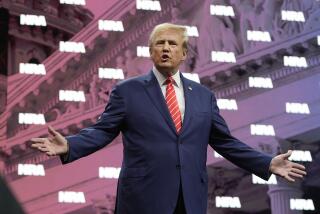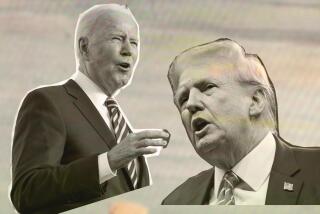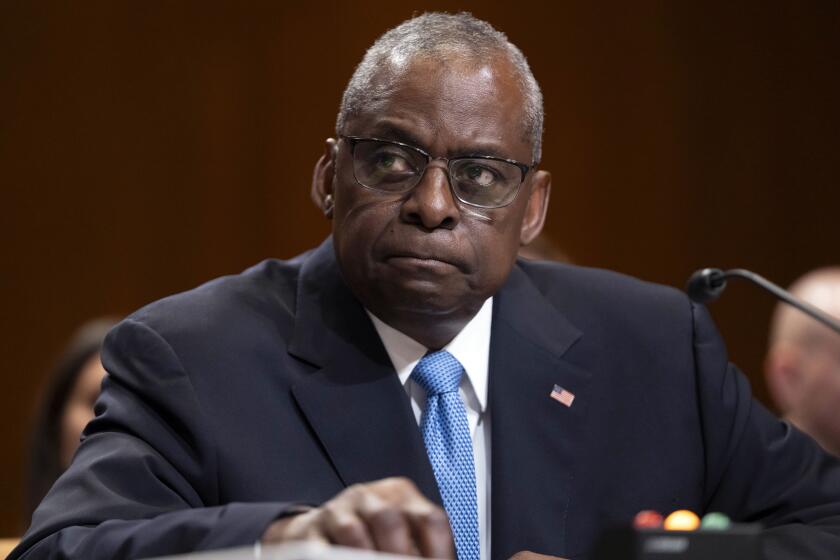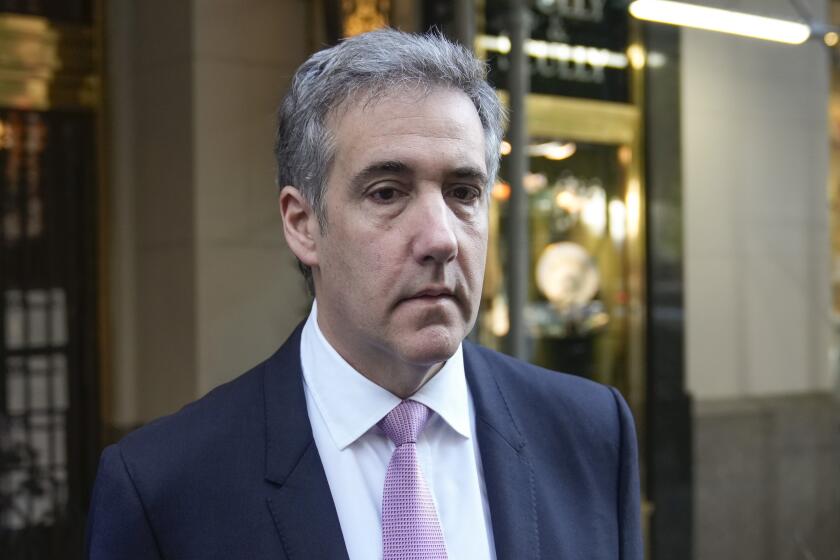Budget Ax Poised Over Phone Subsidy for Rural Areas
In a highly unusual maneuver, House and Senate budget conferees are considering diverting billions of dollars in rural phone subsidies to make up for an expected shortfall in federal airwave-auction revenue.
The federal government projects a $3-billion to $4-billion budget gap stemming from a short supply in forthcoming auctions of airwaves to communications companies. As a result, key budget conferees this week proposed that in 2002, the government not provide schools, rural residents and the poor with part of a $4.6-billion telephone subsidy, as spelled out in the Telecommunications Act of 1996.
The accounting ploy, critics say, threatens to undermine a key provision of the sweeping communications reform, which was aimed at maintaining affordable “universal” phone service for the poor and those living in rural areas that are typically more costly to serve. Also affected would be schools and hospitals, because the universal-service funds help them obtain discounted high-speed access to the Internet.
“The potential impact of this is tremendous,” said Andrew Blau, communications-policy director at the Benton Foundation, a Washington think tank. “A real worst-case scenario suggests that by 2002--which is not that far away . . . rural telecommunications users would be facing a situation where, overnight, their rates could at least double.”
Rural telephone companies have said that unsubsidized service would cost users $50 to $60 a month, instead of the roughly $20 a month they now pay, Blau noted.
In an open letter titled “Show Us the Money,” Rep. John D. Dingell (D-Mich.) urged his colleagues to reject the diversion of universal-service funds.
“Under this bill, affordable telephone service will be held hostage to the politics of the budget process by delaying payments for universal service,” the letter states.
Budget conferees had thought they would be spared having to meet a $26.3-billion target for airwave auctions established in the balanced-budget deal negotiated by Clinton administration officials and congressional leaders.
But in recent weeks there has been growing evidence of a forthcoming glut of radio spectrum that could severely depress the bids that entrepreneurs are willing to offer for licenses to launch new communications services.
The Federal Communications Commission was dealt a blow recently when the Treasury Department rejected the agency’s request to take over the collection of $11 billion owed by wireless auction winners who say they can’t pay. The FCC will likely be forced to re-auction those licenses, while Congress in the meantime has accelerated the timetable for selling even more public airwaves.
“It is horrendous; I thought they were really working on an honest budget, but this is a gimmick, at best, and questionable from a legal standpoint, at worst,” said Shirley Bloomfield, vice president of government affairs at the National Telephone Cooperative Assn., a Washington trade group that represents about 500 small and rural telephone carriers.
In addition, conferees are said to be close to agreeing on a provision that would relax television duopoly rules in large cities. If approved, broadcasters serving more than 400,000 households would be able to acquire a second station in the area.
House conferees also have proposed raising an extra $1.4 billion from rules aimed at spurring television broadcasters to more rapidly convert to digital television so that the federal government can put broadcasters’ old analog TV airwaves on the auction block.
But Gigi B. Sohn, executive director of the Media Access Project watchdog group in Washington, said the plan would give broadcasters a new loophole to delay transition to digital, thereby reducing--not increasing--the supply of airwaves available for auction.
More to Read
Get the L.A. Times Politics newsletter
Deeply reported insights into legislation, politics and policy from Sacramento, Washington and beyond. In your inbox three times per week.
You may occasionally receive promotional content from the Los Angeles Times.






